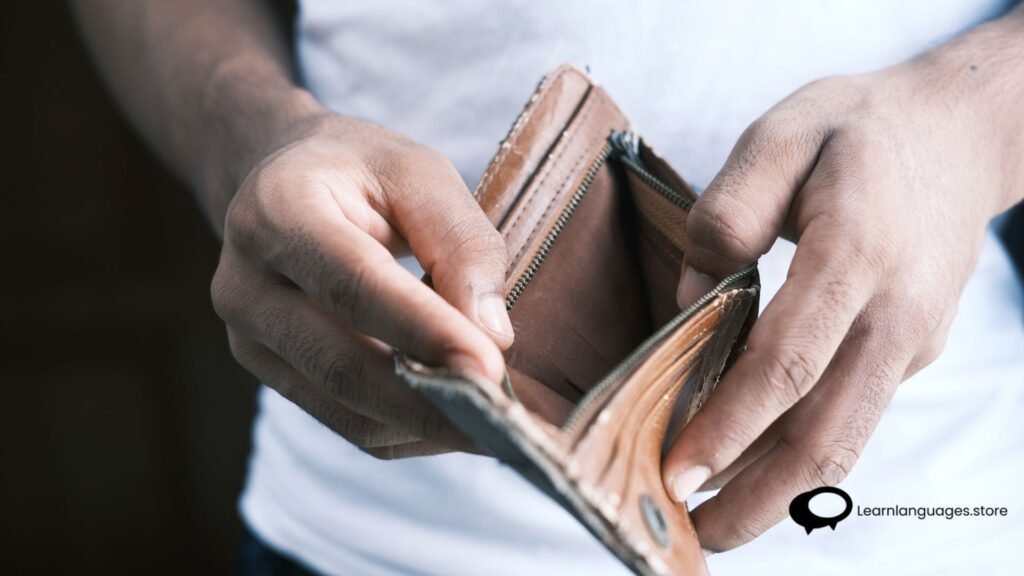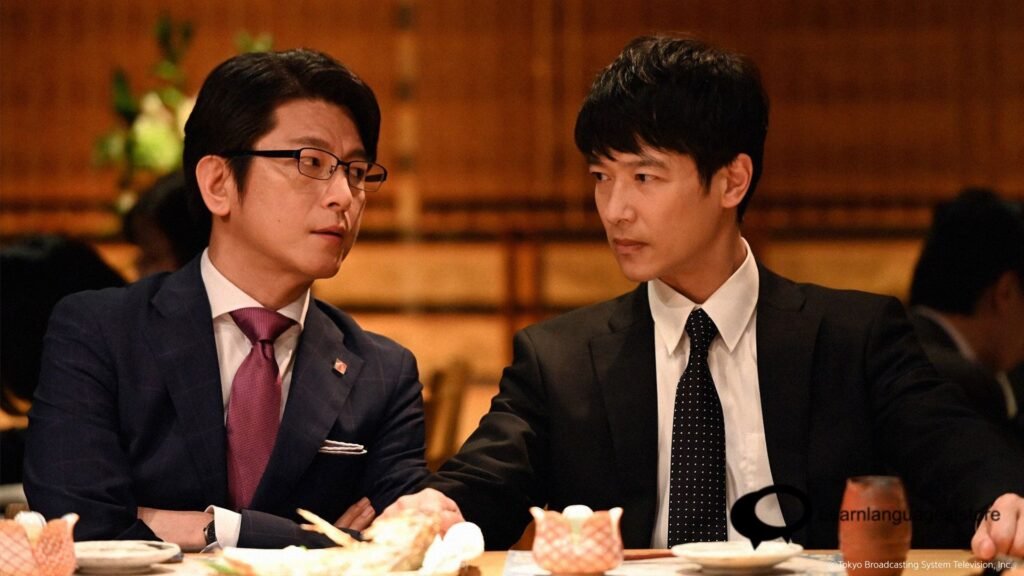KOREAN PHRASES, NEED TO UNDERSTAND SQUID GAME
KOREAN PHRASES, NEED TO UNDERSTAND SQUID GAME
Squid Game to Teach Korean
Squid Game earned widespread recognition and a sizable fan base within days after it was made available on Netflix. Many people have been motivated by the global craze to study Korean and become familiar with its renowned culture. We’ve compiled a list of helpful Korean expressions and cultural in order to assist you learn the program and Korea in general.
Estimated reading time: 5 minutes
One. Mianhae –
Throughout Squid Game, Korean people frequently used the word “mianhae” when they are apologizing to someone they are close to. This is so that it doesn’t come across as a formal manner to express. If you want to make it seem more formal, you can also add the polite suffix “yo” at the end. Mianhae is used for brief and informal apologies; if you’re making a formal apology, prefer to use its more elegant equivalent, “joesonghabnida.”

2. Don i eopseo ( 돈이 없어요 )
In Squid Game, debt follows the participants everywhere, showing how hard life can be for the poor and the bereaved. The performers often say “don i eopseo,” meaning “I don’t have money” or “there is no money.” If you’re asked for money in Korea and don’t have any, say this.
Sajangnim () 3.
You’ll undoubtedly hear the phrase “sajangnim” translated to “sir” throughout the entire series, which is frequently used when speaking with debt collectors or bosses. However, although the translations here aren’t precisely inaccurate, the true Korean meaning has a more particular sense. The honorific nim in Korean indicates respect and indicates that the person you are speaking to is either older or of higher rank than you. Nim is frequently combined with the listener’s line of work. Sajang, which may be translated as “chief of company” or “CEO” in this context, is a polite manner for players to address their superiors or superiors in the game. However, it may also be used to refer to somebody who is older than the speaker and has a professional demeanor; in Episode 2, for example.

Hyung –
() Another title to include on our list! The honorific hyung, which is used amongst close male friends and has a brotherly meaning, is more informal and intimate than sajangnim, which is a formal method of greeting someone older or of higher status. The change from nim to hyung in Squid Game refers to the characters’ ties to one another being tighter, especially between older and younger characters. Having said that, it is often up to the more senior member of the pair to choose when this changeover should occur; Sangwoo, and not the other way around, is the one who instructs Ali to call him hyung. This is closely related to Korean society’s upheld societal norms of respect between the elderly and the young.

Five. Mugunghwa Kkoci Pieot Seumnida –
Fans of the Squid Game know this phrase as the eerie sing-song chant the doll uses throughout the opening level. Children who play red-light, green-light frequently utter the phrase, yet the repeated phrases have nothing to do with the game with which they are most frequently connected. The English translation of “the hibiscus flower bloomed” is mugunghwa kkoci pieot seumnida. The hibiscus, which is South Korea’s national flower and is associated with eternity and immortality, is unrelated to children’s games and nursery rhymes despite appearing to be unrelated. Given the violent eliminations the players experience in the red-light, green-light scene, this cultural context makes the phrase even more unsettling when repeated.
Josimhae – () 7.
Street vendors sell dalgona or ppopgi, a Korean dessert. A mold is used to shape the candy from melted sugar and baking soda. Squid Game features traditional ppopgi shapes, but dalgona recipes make it easy to add the sweet, crunchy honeycomb-toffee flavor to other foods.say!
Squid Game players use this term to warn each other to be careful. In risky situations, josimhae, which means “be careful,” is often said. This expression is straightforward and simple to employ, making it a useful addition to any Korean learner’s repertoire. Just remember to finish with the polite ending “yo” to avoid being impolite!
Eight. Eotteokhae –
Native and non-native Korean speakers ask “What should I do?” using eotteokhae. When something bad happens, Korean TV shows often exclaim this. Avoid the homophone eotteoke, used to request directions. Even if the sentences look identical, the speaker’s tone of voice will generally give you a clue!
9. Dalgona / ppopgi – ( 달고나 / 뽑기 )
During the second game, do you recall the brown candy that the competitors had to cut out?

Learn Languages Store
Vashi,
Email: services@learnlanguages.store










